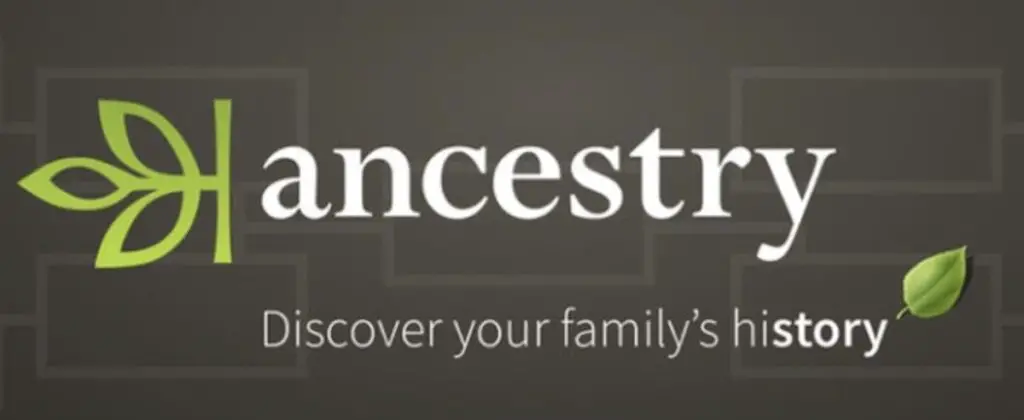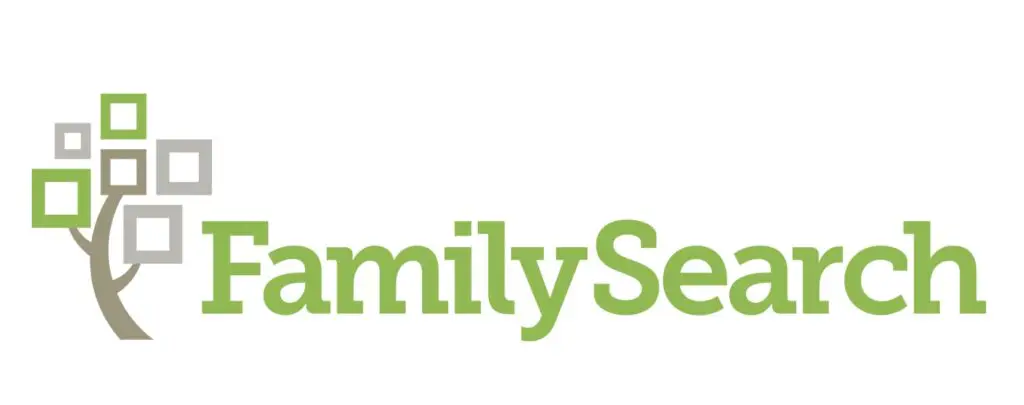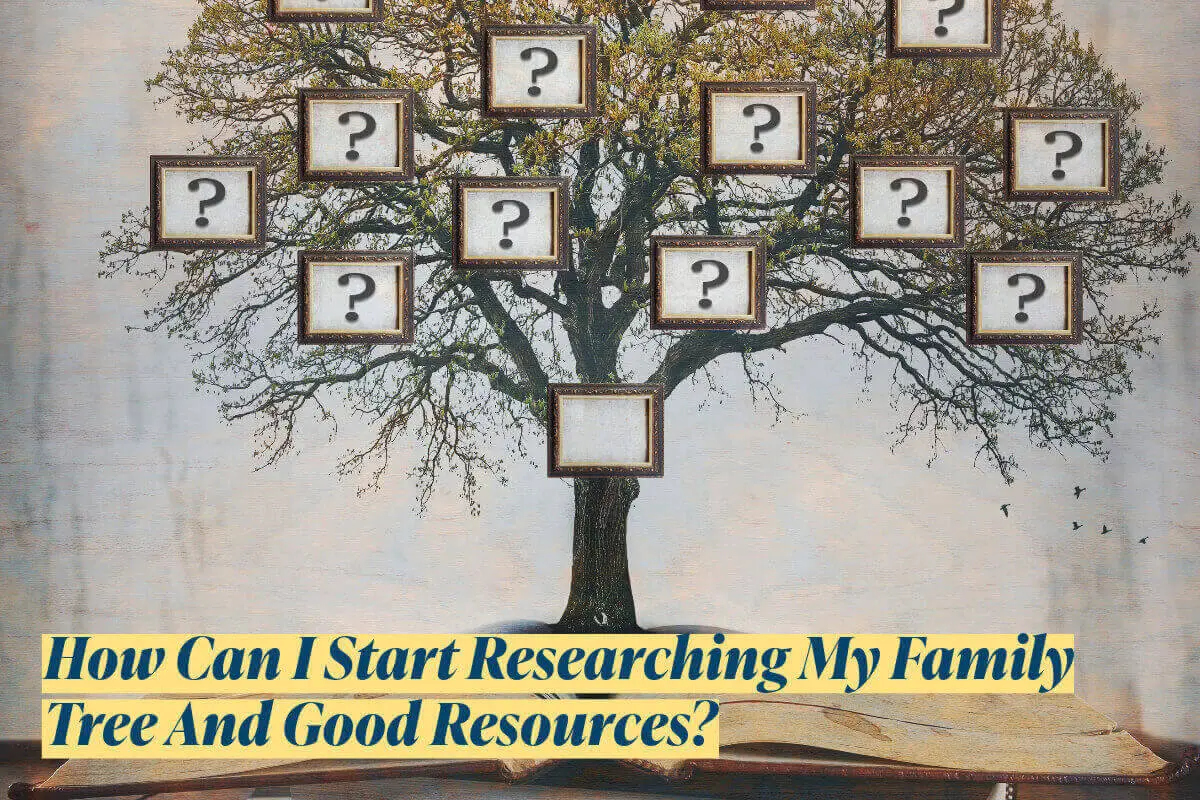One aspect many people might not immediately recognize is that researching your family tree isn’t just an engaging pastime; it’s a skill-intensive task that requires a certain level of understanding about research methodologies.
No wonder some individuals take Genealogy Research to a professional level, becoming expert genealogists or family history researchers. These professionals often possess specialized skills in navigating complex historical documents, understanding genetic data, and utilizing specialized software.
Table of Contents
- How To Start Researching Your Family Tree: A Comprehensive Guide To Genealogy Resources
- Ancestry.com Vs. FamilySearch.org
- Other Valuable Resources
- Keep Organized
- Related Questions
How To Start Researching Your Family Tree: A Comprehensive Guide To Genealogy Resources
Discovering your family history can be an enriching journey. It’s akin to piecing together a complex, living puzzle across generations and continents. Not only do you get to learn about your ancestors’ lives, but you also get to understand your place within the larger narrative of your family’s story.

With the digital revolution, many resources are available at your fingertips to make this quest more accessible and more efficient. Two such invaluable platforms are Ancestry.com and FamilySearch.org.
Read on as we guide you in starting your genealogy journey, focusing on some excellent resources and best practices that have proven helpful for both novices and experts alike. Let’s dive in!
Start With What You Know
Before you delve into online databases or dusty archives, it’s essential to begin with what you know—or think you know—about your family history. Take time to jot down names, birth dates, marriage dates, death dates, and any other relevant information you might have for your immediate family members.
Once you’ve listed the basics, try to expand this information by adding stories, anecdotes, or significant events that are part of family lore. Sometimes, these simple tales can provide valuable leads that can aid your research later.
Talk To Your Oldest Relatives
There’s often no better primary resource than your family’s eldest members. Contact them for interviews if you’re fortunate enough to have older relatives. These individuals can provide firsthand accounts of family events and relationships and even clear up myths or ambiguities passed down through generations.
Prepare a list of questions beforehand, but be flexible in letting the conversation flow naturally. Sometimes, the most intriguing pieces of information can come up spontaneously.
Remember to respect their comfort level and be sensitive to potentially painful or private topics.
What If I Don’t Have Older Relatives?
If you don’t have the luxury of consulting with older family members, don’t worry; you can still make significant headway in your research. Start by gathering all available family documents, such as birth certificates, marriage licenses, diaries, letters, and photographs. These items can contain precious details that give you a solid starting point.
Ancestry.com Vs. FamilySearch.org
Once you’ve gathered all the initial information, it’s time to take advantage of the myriad digital resources available. Two platforms that are often considered the holy grail of online genealogy research are Ancestry.com and FamilySearch.org.
Ancestry.com

Ancestry.com is one of the largest for-profit genealogy companies, offering access to a plethora of resources, including:
- Census Records
- Military Records
- Birth, marriage, and death certificates
- Immigration Records
- DNA Testing
While Ancestry.com requires a subscription for in-depth access, it is often well worth the investment for the sheer volume of information you can obtain.
FamilySearch.org

FamilySearch.org is a non-profit organization that provides many of its services for free. Some of the resources you can expect to find include:
- International Genealogical Index (IGI)
- Public and Private Family Trees
- Digital Books
- Census Records
- Social Security Death Index
The platform is handy for those with ancestors from different countries as it has an extensive range of global records.
Both platforms allow you to create your family tree online and constantly update it as you find new information. They also offer forums, how-to guides, and professional assistance if you hit a genealogical roadblock.
Other Valuable Resources
Apart from these two giants, there are various other specialized platforms, databases, and even social media groups where you can find valuable data:
- FindAGrave.com: For cemetery records
- Ellis Island Records: For immigration details
- Local Archives And Libraries: Sometimes, the old-fashioned way is the best
- DNA Testing Services: Companies like 23andMe and MyHeritage DNA can connect you with distant relatives
- Facebook Groups: There are numerous genealogy-focused groups where members often share helpful tips and resources.
Keep Organized
It can quickly become overwhelming once you start delving into these various resources. It’s crucial to keIt’sour findings organized. Use folders, spreadsheets, or specialized genealogy software to track your progress and make your research more manageable.

Researching your family tree is more than just a hobby; it’s a journey in your past, an exploration of your roots, and a great way to connect with your family on a profound level.
Starting with what you know, leaning on older relatives, and utilizing the extensive resources provided by platforms like Ancestry.com and FamilySearch.org can make the journey easier and much more rewarding.
Remember, genealogy is a marathon, not a sprint. Constructing a comprehensive family tree can take years, but every discovery makes the journey invaluable. So, arm yourself with patience, curiosity, and a passion for uncovering the stories that make you who you are today.
The Hummel Family is a website all about Family History research. We focus on Swedish, German, English, Scottish, and American Genealogy. We also discussed Asia and China, as we had ancestors who spent many years in China.
You are welcome to join us and become part of our community by signing up for our FREE newsletter, The Hummel Family; sign up by clicking here.
Also, check out our Youtube Channel, Family HIstory Buzz, by clicking here.
Related Questions
What Are The Swedish Mantal Tax Records?
The Swedish Mantal tax system was prevalent in Sweden for over 300 years. The Mantal tax was a tax placed upon Swedish households and people. The Mantal tax system was organized and structured.
You can learn more by reading our blog What Are The Swedish Mantal Tax Records? History & Genealogy Research Tips by clicking here.
What Is The Purpose Of Genealogy?
The purpose of genealogy is to study family, family history, and the tracing of our lineage or our ancestors. The purpose of genealogy goes far beyond the dates, names, and places of our ancestors. This is because you learn more about your family and yourself as you do your genealogy. Genealogy helps to unite and link families as you discover things about your family that you did not know.
You can learn more about Genealogy by reading our blog What Is The Purpose of Genealogy? by clicking here.
Any Good Alternatives To Ancestry.com?
The best alternative to Ancestry.com is FamilySearch. We like the FamilySearch program because it is free, collaborative, and easy to use. FamilySearch also offers many sophisticated functions and features that other programs would charge for.
You can learn more by reading our blog Any Good Alternatives To Ancestry.com? by clicking here.

